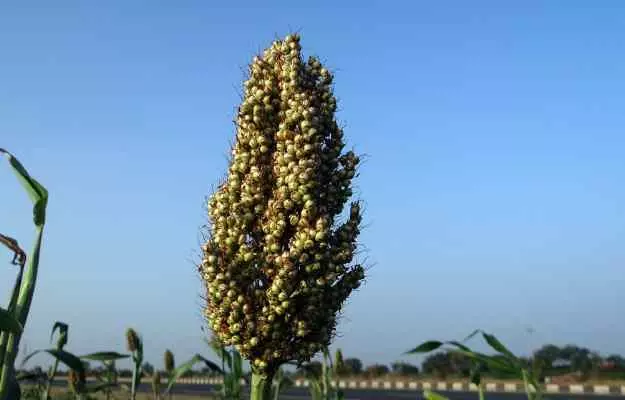Jowar or sorghum is a cereal crop, which has been associated with a number of benefits for human health primarily due to its high antioxidant content. It is one of the world’s leading cereal crops and for a good reason.
While wheat and its derivatives like refined flour are associated with a number of side effects such as bloating and weight gain, sorghum is perpetually devoid of these concerns since it is free of gluten. This implies that it can be a great addition or a safe substitute in your diet, particularly if you are insensitive to gluten or are suffering from celiac.
The benefits of adding sorghum to your diet include weight loss, better digestive health and reduction in the risk of cardiovascular disorders. Diabetes prevention and management and lowering of risk factors related to certain cancer cell lines are among some other benefits of this grain.
This article will familiarise you with these health benefits and many more. It will further share an easy recipe so that it’s possible for you to include sorghum in your diet.
Some basic facts about sorghum
Sorghum is the world’s leading cereal crop due to its health benefits and favourable growing conditions. Here is what you would like to know about the crop:
- Scientific name: Sorghum bicolour
- Family: Poaceae
- Common name: Jowar, Jowari, Great millet
- Parts used: Grains
- Native region and geographical distribution: Jowar is native to Africa but is now grown all over the world, with India being one of the leading producers, others jowar producers are the United States and Nigeria. Sorghum is the fifth most important crop worldwide and ranks third in importance in the US. The crop is convincingly drought-tolerant. This means that it grows well in semi-arid regions and can survive in hot and dry climatic conditions.


































